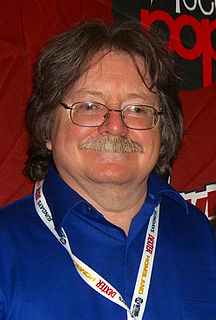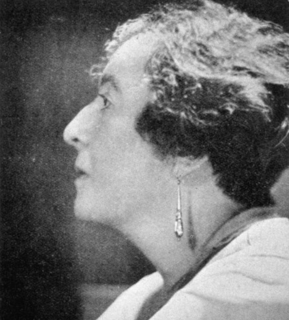A Quote by Richard Dawkins
There may be fairies at the bottom of the garden. There is no evidence for it, but you can't prove that there aren't any, so shouldn't we be agnostic with respect to fairies?
Related Quotes
So it is best to keep an open mind and be agnostic. At first sight that seems an unassailable position, at least in the weak sense of Pascal's wager. But on second thoughts it seems a cop-out, because the same could be said of Father Christmas and tooth fairies. There may be fairies at the bottom of the garden. There is no evidence for it, but you can't prove that there aren't any, so shouldn't we be agnostic with respect to fairies?
The list of things about which we strictly have to be agnostic doesn't stop at tooth fairies and celestial teapots. It is infinite. If you want to believe in a particular one of them - teapots, unicorns, or tooth fairies, Thor or Yahweh - the onus is on you to say why you believe in it. The onus is not on the rest of us to say why we do not. We who are atheists are also a-fairyists, a-teapotists, and a-unicornists, but we don't have to bother saying so.
Once, at the dreaming dawn of history -- before the world was categorized and regulated by mortal minds, before solid boundaries formed between the mortal world and any other -- fairies roamed freely among men, and the two races knew each other well. Yet the knowing was never straightforward, and the adventures that mortals and fairies had together were fraught with uncertainty, for fairies and humans were alien to each other.
Supernatural is a dangerous and difficult word in any of its senses, looser or stricter. But to fairies it can hardly be applied, unless super is taken merely as a superlative prefix. For it is man who is, in contrast to fairies, supernatural; whereas they are natural, far more natural than he. Such is their doom.
































